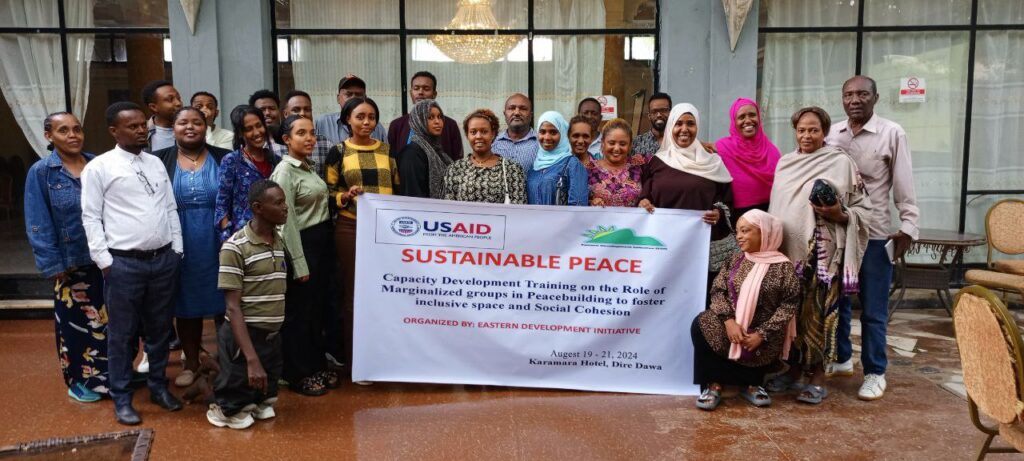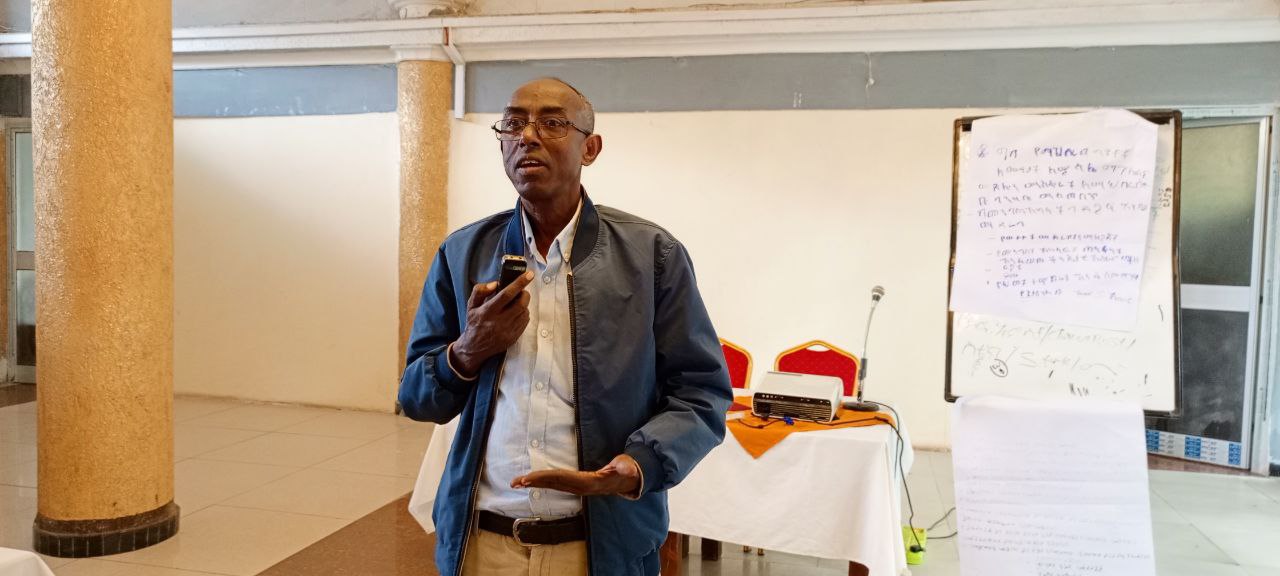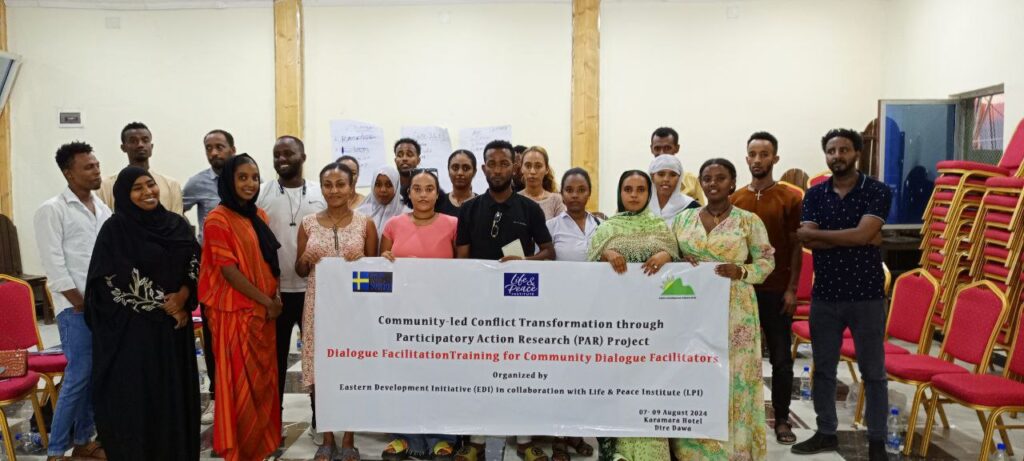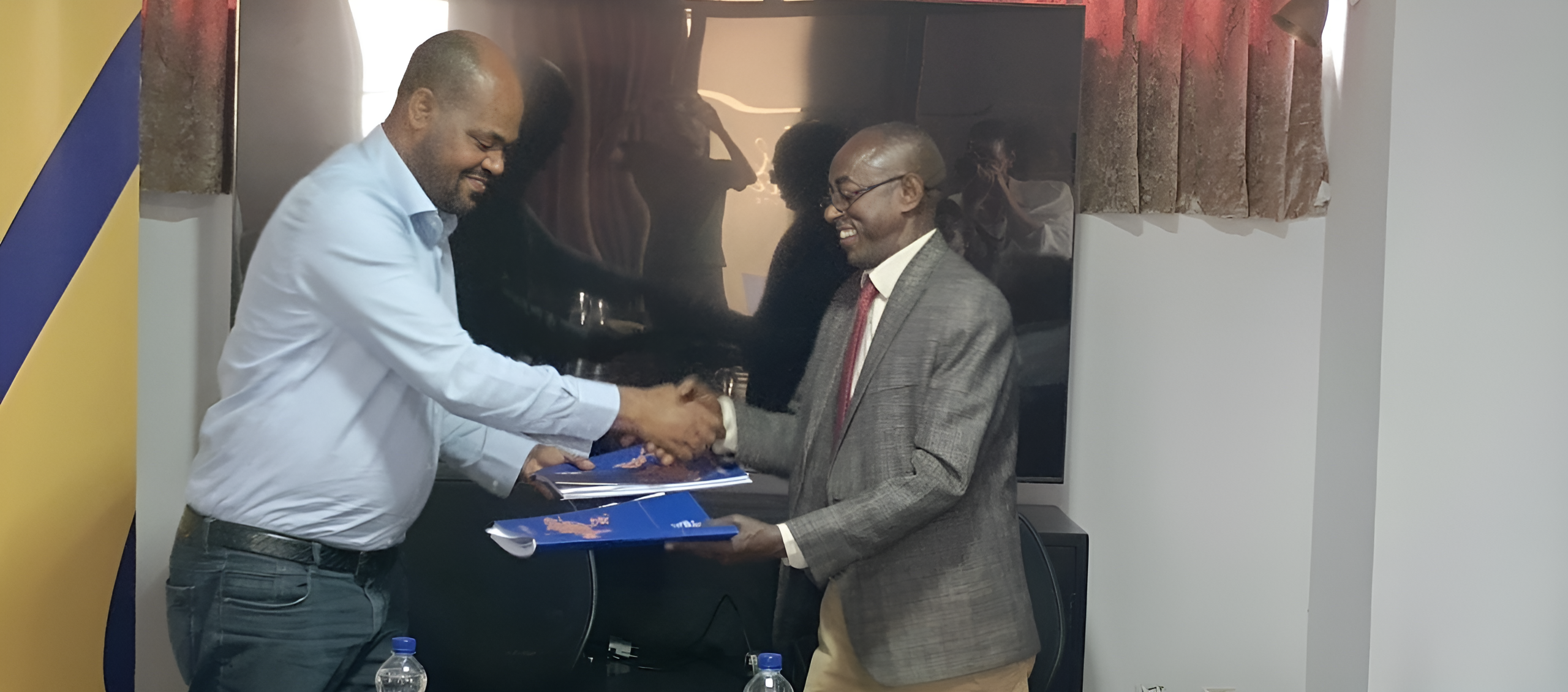The Director of Eastern Development Initiative emphasizes that marginalized community groups—specifically women, youth, and people with disabilities—must actively participate in the peace-building process, as their involvement is essential for achieving sustainable peace.
In a recent capacity-building training session, Mr. Girma Tufa, Executive Director of Eastern Development Initiative (EDI), emphasized the crucial role of marginalized community groups—specifically women, youth, and people with disabilities—in peace-building efforts. The training, focused on enhancing the participation of these groups, aims to ensure sustainable peace and strengthen social cohesion in Dire Dawa, Ethiopia.
Importance of Inclusive Peace-Building
“Inclusiveness of marginalized community groups in the peace-building process is not just beneficial—it’s essential for ensuring lasting peace in our city,” Mr. Tufa stated during his opening remarks. He highlighted that this inclusivity is key to reinforcing the social fabric of the community.

Capacity-Building Training
The training program, coordinated and led by Mr. Birhanu Mekonnen, Program Manager of EDI, focused on two main areas:
1. The role of marginalized community groups in peace-building: The Director of Eastern Development Initiative emphasizes that marginalized community groups—specifically women, youth, and people with disabilities—must actively participate in the peace-building process, as their involvement is essential for achieving sustainable peace.
2. Promoting inclusivity and strengthening social bonds.
Diverse Participation
The training oversee the participation from a wide range of community organizations working on the marginalized community groups like Persons with Disability, women and youths, including:
- Dire Dawa Youth Association
- Organizations representing persons with disabilities
- Ethiopian Women Lawyers Association (Dire Dawa branch)
- Implementing Kefta project of Forum on Sustainable Child Empowerment (FSCE)
- SOS
- Shama Association
- Dire Dawa Women’s Association
In total, 52 individuals (18 men and 34 women) attended the capacity-building sessions, which were conducted in two rounds.
Looking Forward
This initiative by the Eastern Development Initiative marks a significant step towards more inclusive peace-building efforts in Dire Dawa. By empowering marginalized groups—especially women, youth, and people with disabilities—with the knowledge and skills to participate actively in peace processes, the organization hopes to contribute to a more stable and harmonious community.
As communities worldwide grapple with conflict and division, initiatives like these serve as a reminder of the power of inclusivity in creating lasting peace. The success of this training program in Dire Dawa could potentially serve as a model for other regions facing similar challenges.


